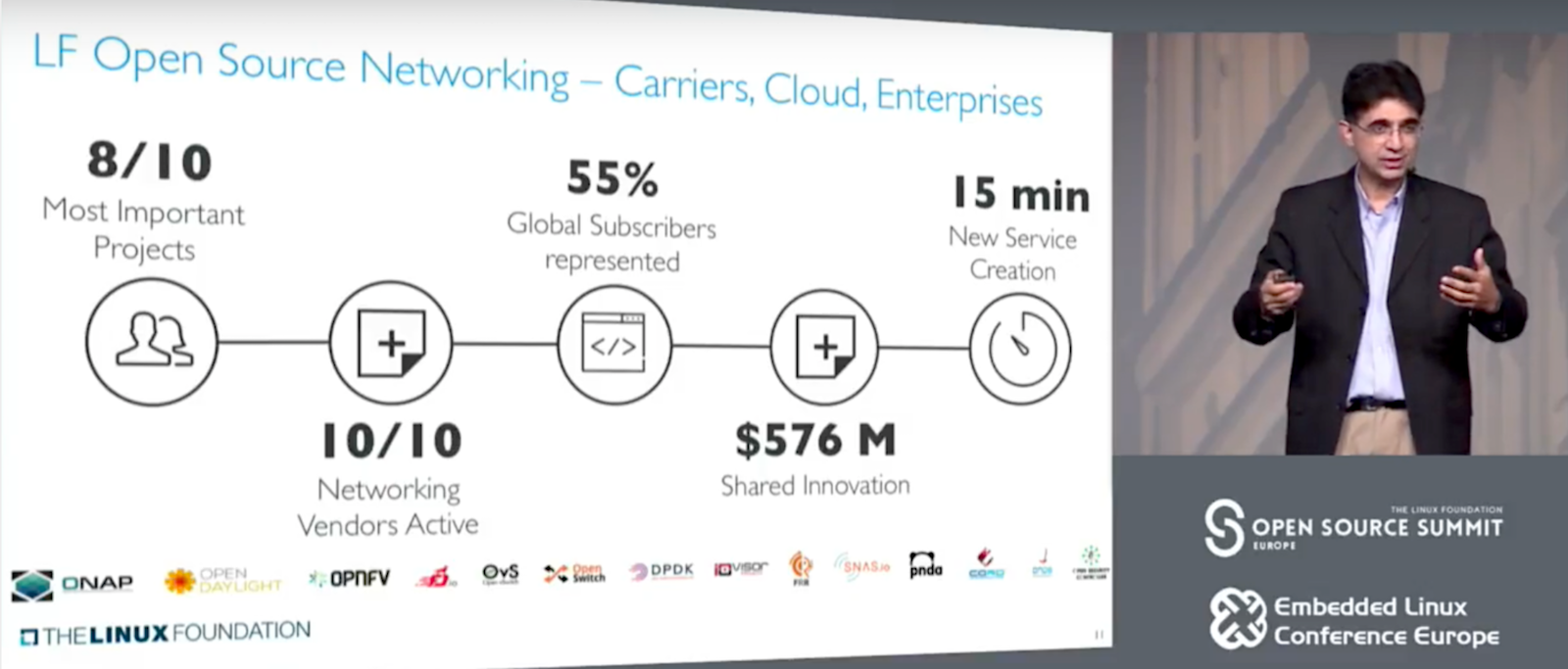In the cloud-native space, broadly speaking, there are two groups of users: platform operators and developers. And rarely does a new product or service meet the needs of both groups equally well.
Through the recently announced PKS (Pivotal Container Service), VMware and Pivotal — in partnership with Google Cloud — are focused squarely on solving this problem. Their new commercially supported release of the Cloud Foundry Container Runtime (formerly Kubo) promises to make Kubernetes easy to run and operate for virtualization administrators, thus giving development teams the support they want for new initiatives that require reliable infrastructure in the form of Kubernetes running on vSphere or Google Cloud Platform.
By combining Kubernetes with VMware’s infrastructure tooling and multi-cloud capabilities, Pivotal and VMware have created a product that may truly bring devs and ops together.
Read more at The New Stack

